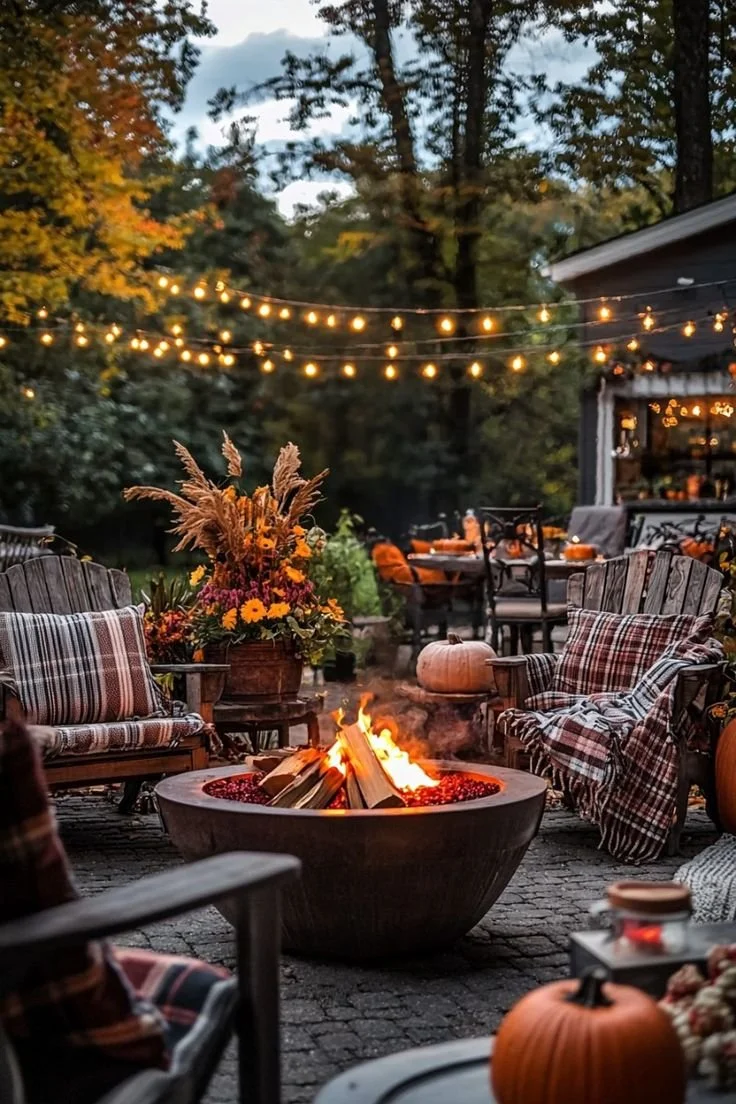Hospitality (Part 1)
For a little over a year now hospitality has been at the forefront of my mind in regard to my life and my homemaking. As the Lord has blessed me with more and more spoons, I’m trying to say yes to people instead of no. I’m trying to take some of this new energy and apply it to engaging with people in person.
Since I’m thinking about it and exploring it, I want to write about it because that helps me formulate my thoughts. I’d love to have everyone jump in and share their experiences, personal definitions, mistakes, wins, and whys.
We often use the term hospitality as shorthand for many different types of social engagements. For the sake of this series, I’m going to define it as opening our homes to a bigger circle of people than our immediate family members and taking care of them. Hospitality is allowing others into our personal and private space and accepting the cost of that visit as a worthy and valuable sacrifice.
There are a range of hospitable options:
- One-on-one: one family, couple, or friend over.
- Gatherings: a larger group often mixed in age and family size
- Guests: someone needing to spend the night or several nights
- Parties: themed events, open houses, and holidays
Goal: Have People In Our Homes!
Our goal is to bring people in so that we can get to know them and they can get to know us. We can get to know people outside our homes, but there is an intimacy and vulnerability to be found inside one another's homes that creates bonds.
Vulnerability equals difficulty. There will be things you might rather people not know about you. There will be blows to your pride. There will be areas you find you need to work on. But! All of this is good for us if we will accept the hardness of it. Struggles sharpen us. They produce good. Hard things always produce good. GK Chesterton used the phrase “fighting like the flowers” in his poem The Last Hero. I love the imagery there. Ponder on dandelions sprouting between rocks or in the cracks of the pavement. They’re growing in a hard place, but they’re growing and blooming. So often we’re told to avoid all hardship, that hardship is abuse. But hardship is often where we bloom and grow just like the dandelions. Hospitality will be hard, but it is a good hard. Let’s embrace the hard of being vulnerable. Vulnerability builds trust between us and the people we’re having over. They’re vulnerable too. They’re leaving their refuge unsure if your home will be a refuge. When it is, we build trust and love.
I think it is important to acknowledge the sacrifices necessary to have people in our home. It doesn’t help anyone if we pretend that there is no chance of “danger” when we have people over. Homes are our refuge from the world. When we let the world in, no matter how much we love a person, there is a cost. Sometimes that’s stained fabrics, carpets, and furniture. Sometimes that’s actual damage to our things. There’s a physical and emotional cost. It is taxing to have company over, even if they’re your best friend. It will take energy and time away from your to-do list and your own people. All these costs have to be balanced. It’s foolish to pretend there’s no expense to practicing hospitality. It’s also foolish to think the expenditure isn’t worth it. We’ll need to stay within our hospitality budget, but we should have a place for it. The hospitality budgets will look different in each home just like our monetary budgets and energy budgets do, but we should all try, try, try.
Side Note: For shut-ins, moms with lots of little kids, and chronic health sufferers, many of these things are much more challenging to pull off. I would suggest pairing up with someone if you can and broadening your “hospitality” to include texts, letters, phone calls, and small gifts. All of these can be welcoming to people. For many years, a text was my typical form of hospitality because it was all I could manage. The cost of engaging face-to-face with people was often way outside my energy budget. Get creative so that you aren’t isolated and get help if you need help.
“Learning to be hospitable means learning to love and care for others by meeting their physical needs along with their emotional needs.” – The Everyday Farmhouse
I love how Jennifer over on The Everyday Farmhouse defines hospitality as meeting physical and emotional needs. This is so practical. Our physical needs are food, liquids, a place to sit, shelter from the weather, and a bathroom. Our emotional needs are to feel welcome, safe, and encouraged.
In upcoming articles, I’m going to pick those apart and be as hands-on practical as possible. Today, I simply want to define the different ways we have people in our homes, what our goal is, why, and talk about the cost and the benefits. (This is a growing thought, so the articles will not be sequential. I will link them together as they are written.)
As homemakers, we are first serving our families, but it is a real blessing if we can take that purposed and careful work and share it with others, with a wider group of people. What a rich way to put our skills and productivity to use! Also, dear ladies, it’s good for us. We all need rest, but rest comes in many forms, not just downtime or alone time or sleep. Rest can be a shared cup of tea or a shared meal and good conversation. We all need refreshment so that we don’t burn out. Measured and regular social engagement gets us out of our chores and lets us tangibly see and use our domestic arts for others. Hospitality also keeps us, our families, and our homes from stagnating. Nothing helps us see what needs fixing and cleaning and sprucing up like company.
Hospitality, big and small, is so profitable even when it is challenging and costly!
Hospitality is a worthy engagement of our time and skill. It is a worthy endeavor of the homemaker. What are we, ladies, if we’re not being hospitable? Isn’t tending to the physical and emotional needs of others the whole point of all we do? Then it should be within our reach to include others in that worthy work.
I’m feeling motivated. Who wants to come for a visit?
Thank you for reading today, ladies! If this article encouraged you, please share it with other homemakers. Here are all the ways you can join our knitting circle:
HearthKeeper Novel (grit warning)
Email us at hearthkeepers@hotmail.com with any questions or subjects you’d like us to discuss. For now, ladies, tend your people, hang tough, and keep your powder dry.



